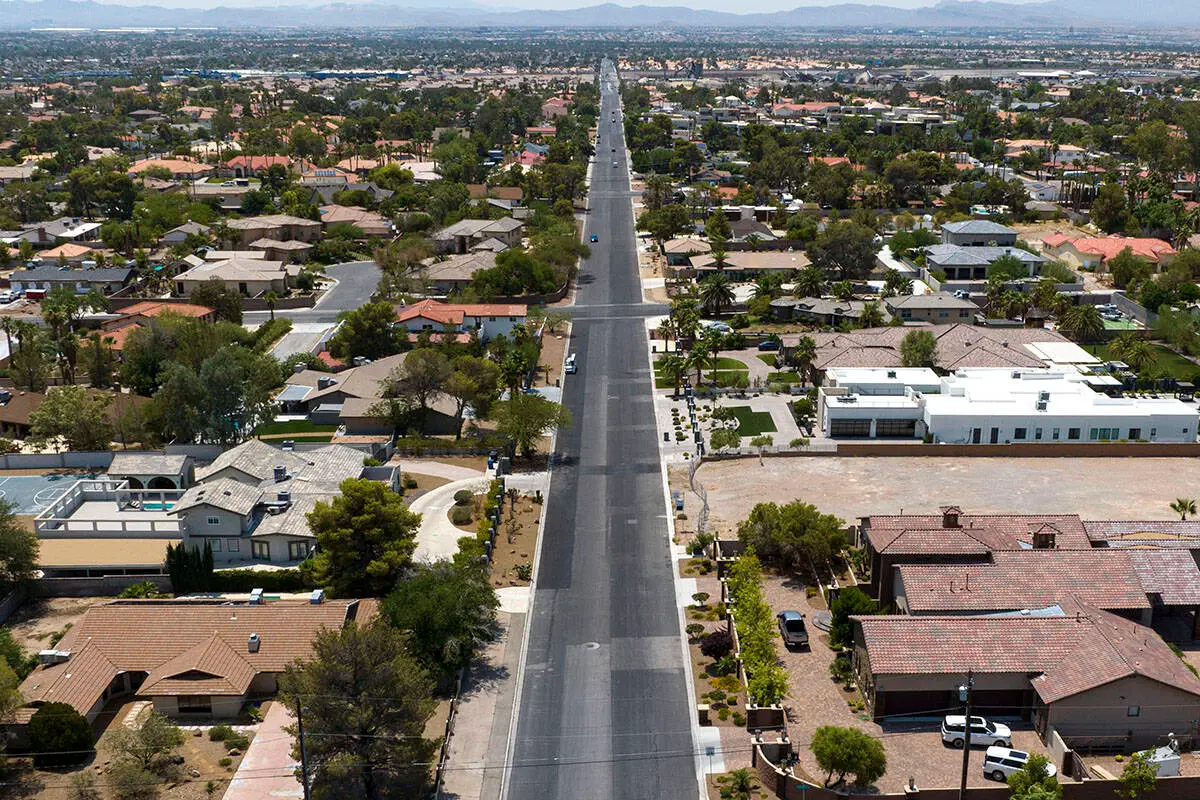
In recent months, the once-booming housing market of Las Vegas has begun experiencing an unprecedented slowdown, claiming the fastest cooling rate in the entire United States according to the latest industry reports. This shift marks a significant change from the preceding years of rapid appreciation and frenetic real estate activity in Nevada’s most populous city.
The trend highlights how the dynamics of local and national economic factors are impacting property values, buyer activity, and overall housing affordability. The decline not only affects homeowners and prospective buyers but also has broader implications for the Las Vegas economy, which has long relied on real estate as a key driver of growth.
Key Factors Contributing to the Rapid Cooling
Economic Conditions and Market Sentiment
Several intertwined factors are fueling this swift downturn. Firstly, rising interest rates, driven by the Federal Reserve’s efforts to curb inflation, have made borrowing more expensive. As mortgage rates climb, many potential homebuyers are finding it harder to qualify or simply opting to delay their purchases.
Additionally, inflationary pressures on construction costs have curtailed new housing developments, leading to a slowdown in inventory growth. This scarcity of new homes, combined with high borrowing costs, reduces the pace at which property prices can escalate or sustain previous peaks.
Changing Buyer Behavior and Market Expectations
During the peak of the market, high optimism and a seller’s market mindset led to aggressive bidding wars and rapid sales. Now, with increased financial caution, buyers are more hesitant, seeking better deals or postponing purchases altogether. Sellers, realizing the shift, are gradually adjusting their expectations and pricing strategies.
Furthermore, some buyers are reconsidering their housing needs amid evolving remote work trends, economic uncertainties, and a reassessment of their long-term financial commitments.
The Data Behind the Decline
A recent report from FOX5 Vegas confirms that Las Vegas’s housing market is cooling down faster than virtually any other city in the country. The report states that:
- Home prices are stagnating or decreasing in some neighborhoods.
- Sales volume has dropped significantly.
- Time on market for listed homes is increasing, indicating reduced buyer urgency.
- There is a noticeable decline in bidding wars and multiple offers.
These indicators collectively suggest that the Vegas housing boom is coming to a halt, with signs pointing towards a potential correction period before a stable recovery phase begins.
Impacts on Stakeholders
Homeowners and Sellers
For homeowners looking to sell, the current market presents challenges such as:
- Reduced selling prices.
- Longer time on the market.
- Need for strategic pricing to attract buyers.
This could lead to some owners experiencing losses if they bought at peak prices or are unable to wait out the downturn.
Buyers and Investors
Buyers now may find more opportunities to negotiate, especially for properties that have lingered on the market. Investors, on the other hand, might reconsider purchasing at these elevated prices, wary of further declines and uncertain market stability.
Future Outlook for Las Vegas Real Estate
While the current cooling trend appears sharp and rapid, experts suggest that it may lead to a more balanced market in the long term. After years of rapid appreciation, a correction—though painful—could set the foundation for sustainable growth in the future.
However, significant uncertainties remain, including the trajectory of interest rates, inflation, and broader economic conditions. Some analysts warn that if economic factors worsen, the downturn could deepen, impacting employment, consumer confidence, and overall local economic health.
What Can Sellers and Buyers Expect?
Given this shifting landscape, both buyers and sellers should prepare for a more cautious approach:
- Buyers should leverage the current slowdown to negotiate better terms and conduct thorough inspections.
- Sellers need to set realistic pricing strategies and consider the longer sales timeline.
- Investors may look for opportunities in undervalued properties or areas poised for future growth.
Conclusion
The rapid cool-down of the Las Vegas housing market represents a significant turning point in the city’s real estate story. While it creates challenges, it also opens opportunities for strategic decision-making by all market participants. Stakeholders must stay alert to ongoing developments, economic signals, and market data to navigate these turbulent times effectively.
As the market adjusts, a period of stabilization and eventual recovery might lie ahead, but patience and due diligence will be crucial for any successful real estate transactions in the coming months.
For more updated news please keep visiting Prime News World.








